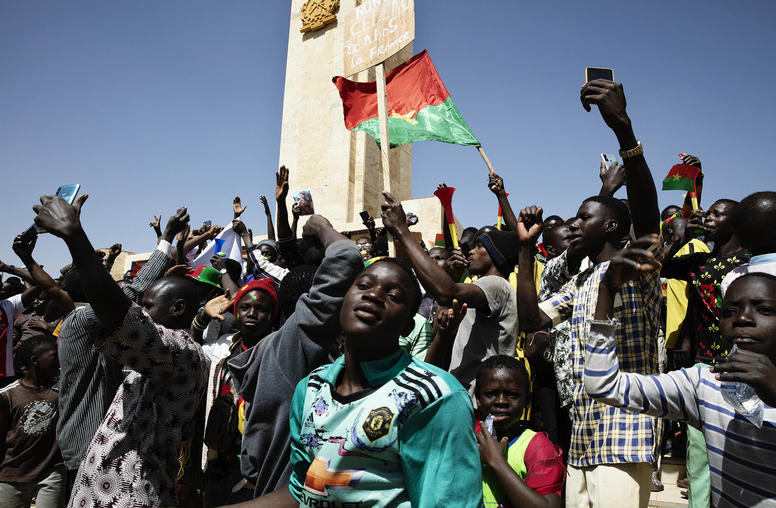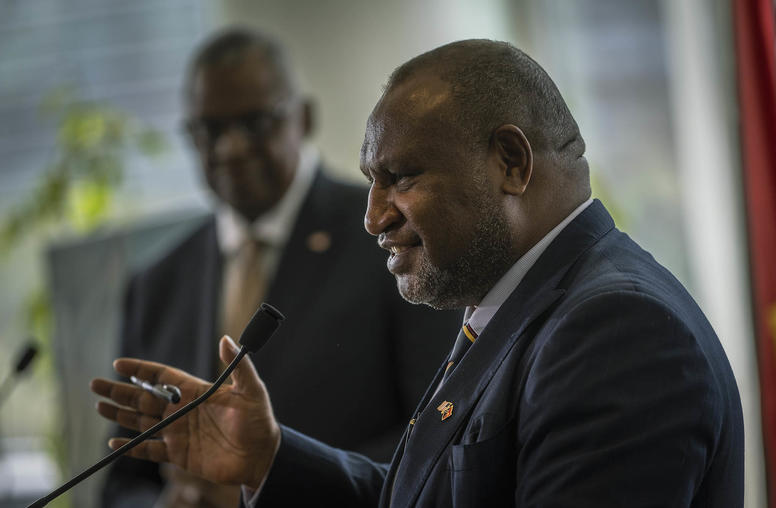The unprecedented decline in global development and security in recent years has led organizations like the U.N. Development Program (UNDP) to rethink their strategies to address this growing crisis. Asako Okai, assistant U.N. secretary-general and director of the Crisis Bureau at UNDP, explains how UNDP is training the next generation of crisis leaders and implementing their new policy framework for engaging with fragile states — with an eye toward breaking the cycle of fragility, getting ahead of crises before they get worse, and fostering hope.



